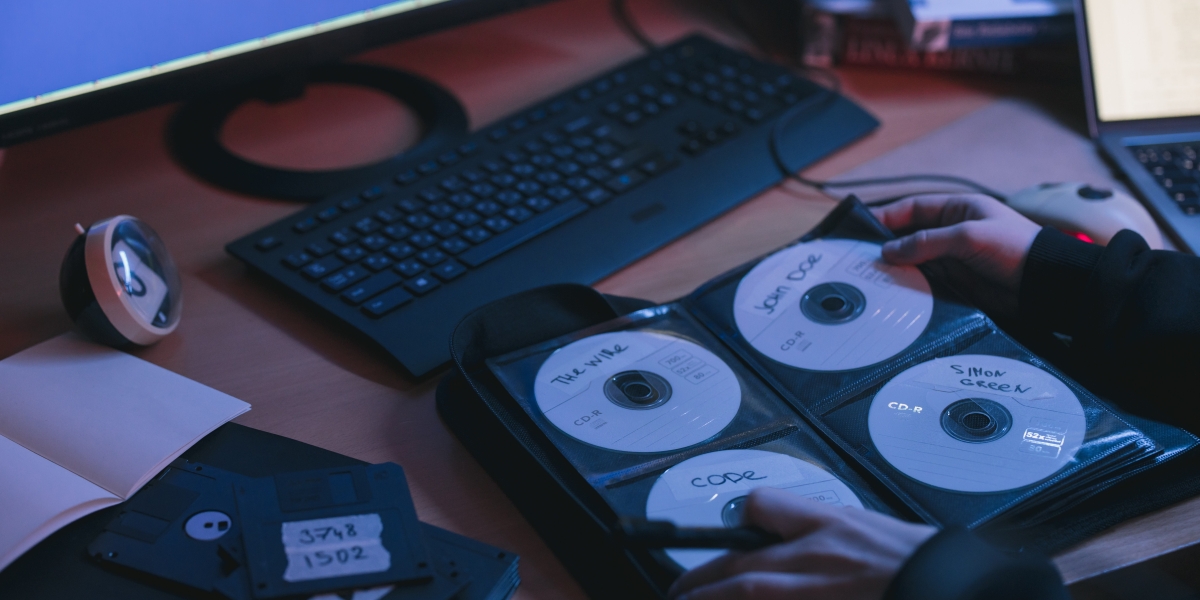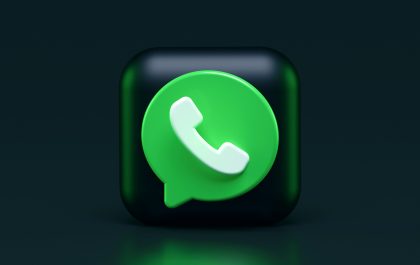We often tend to believe that the internet is a safe space, and we never know anything about what’s going on behind the screen, but this is not always true. Data leaks are an unfortunate reminder that we need to be mindful and protect ourselves as much as possible against these dangerous threats in our everyday lives. This blog post will share some security protection tips from professionals fixing massive data leaks.
Tips for Protection
Everyone has ways to protect themselves against hackers, especially Windows users, who tend to be at times more prone to cyberattacks. You can follow some essential tips that will significantly increase your protection level.
1. Keep Your Operating System and All the Programs Updated
Always be sure to update your operating system and software when prompted, especially if it is free of charge. Regular updates are essential to keep your computer protected against hackers and data leaks.
2. Install a Firewall
Install a Firewall to protect yourself against threats that could come through the internet. A firewall works as a gatekeeper between you and the internet, allowing or denying programs access according to the information users allow while having their Firewall on or off. It makes it easier for you to select which programs can access the internet without having them mess with each other or steal personal information from its owner. Installing the NIST cybersecurity network is also useful as it helps you better understand and organize processes which keeps your private information safe.
3. Be Sure to Have the Most Updated Antivirus and Programs

To protect yourself online, you can take help from the most updated antivirus programs that are capable of defending you against any threats. Data security tools help a lot to prevent data leaks and other online hazards. Such programs are mostly free of charge, which means you can entirely rely on them without having to worry about paying for them.
4. Keep Your System Well Protected
Keeping your computer well protected against viruses and other malware threats is essential, including data leaks. Content blockers are also critical to prevent any kind of third-party intrusions. They will ensure that tracking sites won’t result in someone invading your privacy or your private information.
5. Use a Virtual Private Network
This is important to protect yourself from any cyber threats. A VPN is an encrypted network that allows you to access the internet remotely. It will also provide you with an additional layer of security by masking your actual IP address and location so that no one will be able to track your online activity or obtain any information about you.
6. Be Careful With Which Sites You Visit
It is important to avoid visiting any areas on the internet that could be considered “low class” or shady, as they could be conduits for cyber threats like frauds, phishing, viruses, and malware that can severely compromise your privacy or data leaks.
7. Stop Using Public Wi-Fi and All Unsecured Public Internet Access Points

Using a secure internet connection is one of the most critical steps in protecting yourself against cyber threats. Public Wi-Fi and unsecured public internet access points are some of the main ways hackers and other cyber criminals spread viruses and malware, so it is recommended to stop using them once and for all.
8. Install an Antivirus Program on Your Smartphone
This will act as the first line of defense against viruses, malware, or any other kind of data leak that could be associated with this device.
9. Delete Your Cookies Regularly
Cookies are pieces of text stored in your computer to help you keep track of the pages you visited and their contents. This is beneficial for someone browsing the internet, but it could also be used to disrupt your privacy and steal critical information, so it is recommended to delete them regularly.
10. Keep All Your Passwords Safe
This should be obvious for anyone who uses the internet, but it doesn’t hurt to repeat this; don’t use simple and easy-to-guess passwords, as they can leave you vulnerable to any kind of attacks online. Always use long passwords with a combination of upper case, lower case letters, and numbers mixed.
How Data Leaks Are Related to Cyber Security Threats
The biggest problem with data leaks is that they give criminals a chance to steal important information and make significant financial gains out of it, which directly affects your privacy and personal data. If you find out that you have been affected by any kind of data leak, keep in mind that it can be pretty dangerous for your online security and privacy, so it is best to take these steps as soon as possible.
Experts aren’t sharing many stories about stolen personal information but say it’s best to review your online accounts and your phone line. If you have been affected by a data leak and you haven’t done anything about it yet, I’d recommend reaching out to experts and private investigators online. Professionals can help you find out who is or might be responsible for the breach to get your information back safely.
How to Know if Your Data Was Stolen

There are various ways to contact professionals and private investigators online if you believe your data has been compromised. In the case that you have discovered that your data has been stolen, you should contact these experts as soon as possible to find out who may be involved in the threat to your security.
Conclusion
It is essential to keep in mind that data leaks are among the most dangerous security threats out there, which means they can put your privacy at risk and expose your personal information. In order to protect yourself, it is recommended to take these steps as soon as possible.
Be sure to check if your online accounts and phone line have been compromised and reach out to an expert if you haven’t done anything about it yet. If you suspect that any of your data has been stolen, it is essential to get in touch with experts and private investigators online as soon as possible.
yehiweb
Related posts
New Articles
What is the difference between FMWhatsApp and GBWhatsApp?
In the world of messaging apps, WhatsApp reigns supreme as one of the most popular platforms for connecting with friends…


